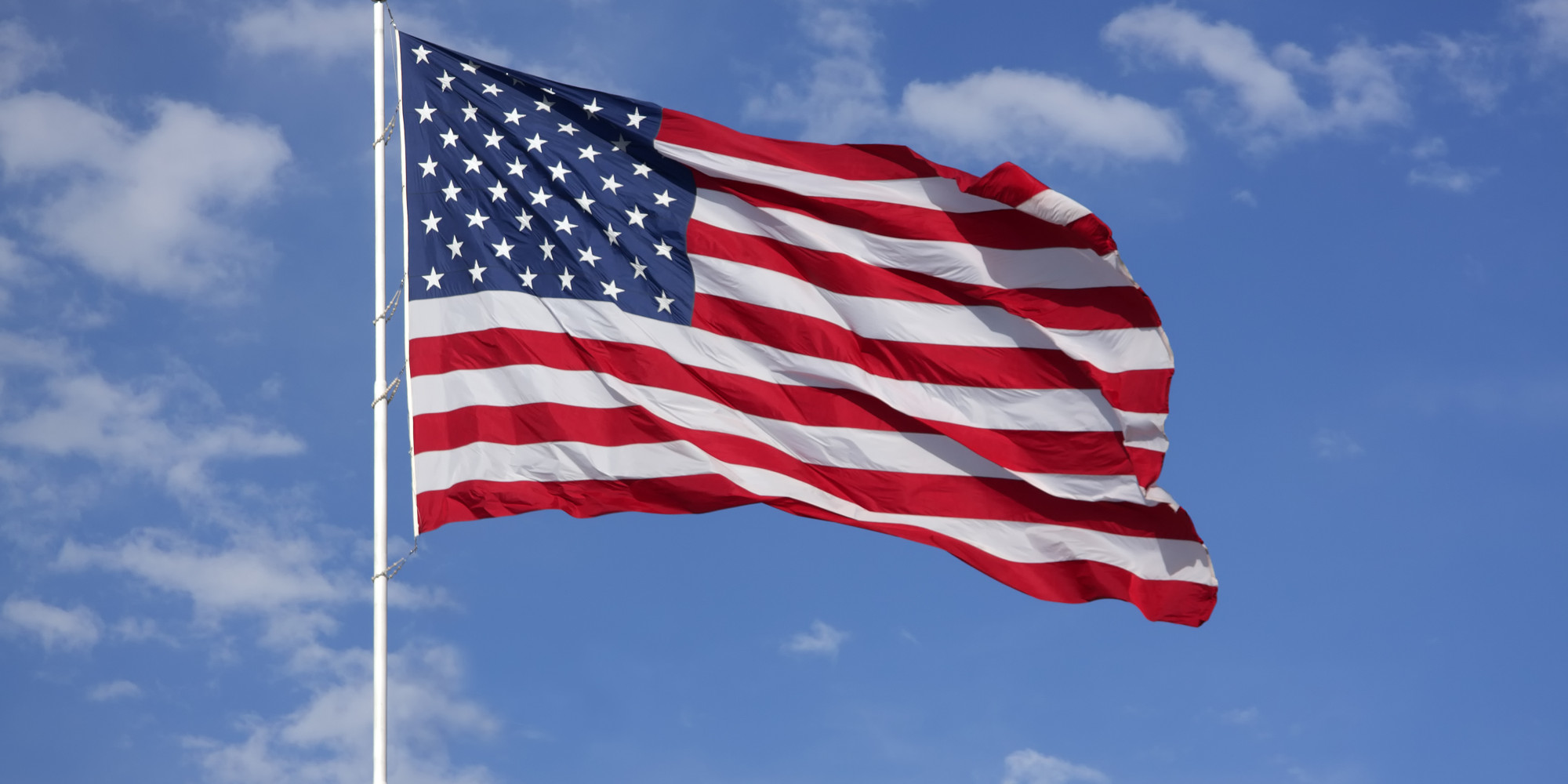WASHINGTON — The American Psychological Association applauded the U.S. Supreme Court’s ruling today that the U.S. Constitution bars states from denying marriage licenses to same-sex couples, citing scientific research as a basis for upholding the equality of all Americans regardless of sexual orientation.
“Empirical research demonstrates that the psychological and social aspects of committed relationships between same-sex partners largely resemble those of heterosexual partnerships,” said APA President Barry S. Anton, PhD. “Like heterosexual couples, same-sex couples form deep emotional attachments and commitments. Heterosexual and same-sex couples alike face similar issues concerning intimacy, love, equity, loyalty and stability, and they go through similar processes to address those issues.”
APA has a long history of supporting equal access to legal marriage based on years of scientific research. APA has supported legal benefits for same-sex couples since 1997 and civil marriage for same-sex couples since 2004.
APA filed an amicus brief in the case,
Obergefell v. Hodges, which was joined by the Kentucky Psychological Association, Ohio Psychological Association, American Psychiatric Association, American Academy of Pediatrics, American Association for Marriage and Family Therapy, Michigan Association for Marriage and Family Therapy, National Association of Social Workers, National Association of Social Workers Tennessee Chapter, National Association of Social Workers Michigan Chapter, National Association of Social Workers Kentucky Chapter, National Association of Social Workers Ohio Chapter, American Psychoanalytic Association, American Academy of Family Physicians and the American Medical Association.
The brief argued that scientific evidence strongly supports the conclusion that homosexuality is a normal expression of human sexuality; that gay men and lesbians form stable, committed relationships that are equivalent to heterosexual relationships in essential respects; that same-sex couples are no less fit than heterosexual parents to raise children, and that their children are no less psychologically healthy and well-adjusted; and that denying same-sex couples access to marriage contributes to the negative treatment of lesbian, gay and bisexual people.
The American Psychological Association, in Washington, D.C., is the largest scientific and professional organization representing psychology in the United States. APA's membership includes more than 122,500 researchers, educators, clinicians, consultants and students. Through its divisions in 54 subfields of psychology and affiliations with 60 state, territorial and Canadian provincial associations, APA works to advance the creation, communication and application of psychological knowledge to benefit society and improve people's lives.

